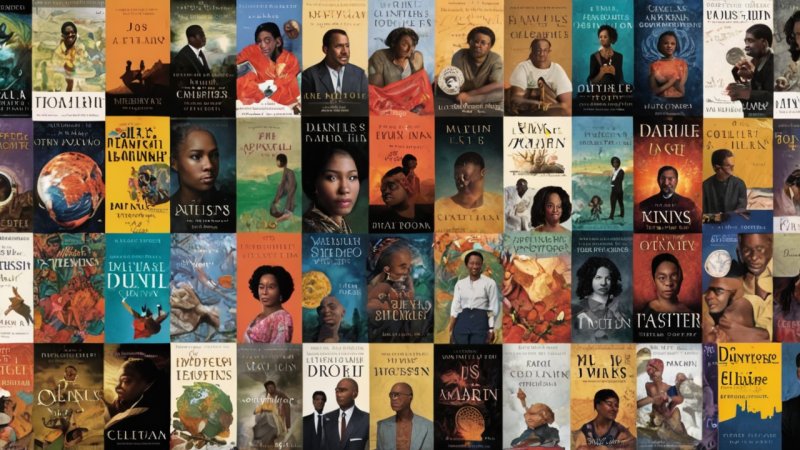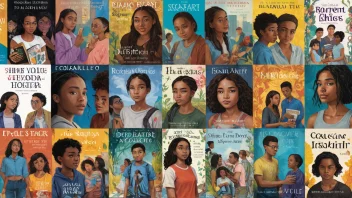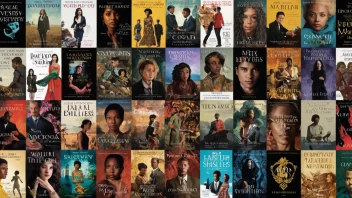Globalization has reshaped numerous aspects of our daily lives, and its impact on fiction writing is profound and far-reaching. As writers from diverse backgrounds and cultures connect through technology and communication, their narratives reflect a blended tapestry of experiences. This article explores how globalization has transformed fiction writing, leading to richer, more diverse storytelling.
One significant effect of globalization on fiction is the emergence of multicultural narratives. Authors are increasingly weaving together themes, settings, and characters from various cultures. This fusion fosters a greater understanding of diverse perspectives and enhances the complexity of characters and plots. For instance, novels like The Kite Runner by Khaled Hosseini and Americanah by Chimamanda Ngozi Adichie delve into the experiences of individuals from distinct cultural backgrounds, providing readers with insights into their struggles and triumphs.
Moreover, globalization has facilitated the rise of transnational literature. Writers are no longer confined to the literary traditions of their home countries. They draw inspiration from global events, societal changes, and universal themes, creating works that resonate with readers across borders. This shift is evident in the popularity of authors like Haruki Murakami, whose stories often encapsulate elements of Japanese culture while addressing universal human experiences, such as loneliness and existentialism.
The digital age, a product of globalization, has also altered the way fiction is consumed and shared. Online platforms and social media have enabled authors to reach wider audiences and receive immediate feedback. Writers can now connect with readers from around the world, allowing for a more interactive literary experience. This immediacy also influences the themes and styles of contemporary fiction, as authors may adapt their writing to cater to global trends and interests.
Additionally, globalization has introduced new genres and subgenres into the literary landscape. The blending of traditional storytelling methods with modern formats has birthed innovative forms of fiction, such as graphic novels and hybrid narratives that incorporate multimedia elements. These genres appeal to a broader audience and reflect the diverse ways in which stories can be told in our interconnected world.
However, while globalization enriches fiction writing, it also poses challenges. The risk of cultural appropriation arises when authors represent cultures outside their own without a nuanced understanding. It is crucial for writers to approach diverse narratives with sensitivity and respect, ensuring that their portrayals are authentic and informed.
In conclusion, globalization has significantly impacted fiction writing by fostering multicultural narratives, facilitating transnational literature, and enhancing the way stories are shared and consumed. As the literary world continues to evolve, embracing the complexities of globalization will enable writers to craft stories that resonate on both a local and global scale. The future of fiction lies in this interconnectedness, inviting readers to explore the rich tapestry of human experiences.






